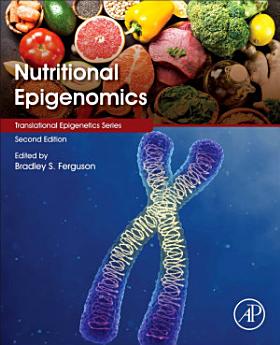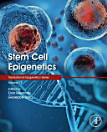Nutritional Epigenomics, Second Edition, a volume in the Translational Epigenetics, offers a comprehensive overview of nutritional epigenomics as a mode of study, along with nutrition's role in the epigenomic regulation of disease, health, and developmental processes. Here, an expert team of international contributors introduces readers to nutritional epigenomic regulators of gene expression, our diet's role in epigenomic regulation of disease and disease inheritance, caloric restriction and exercise as they relate to recent epigenomic findings, and the influence of nutritional epigenomics over circadian rhythms, aging and longevity, and fetal health and development, among other processes. Disease specific chapters address metabolic disease (obesity and diabetes), cancer, and neurodegeneration, among other disorders. Diet-gut microbiome interactions in the epigenomic regulation of disease are also discussed, as is the role of micronutrients and milk miRNAs in epigenetic regulation. Finally, chapter authors examine ongoing discussions of race and ethnicity in the social-epigenomic regulation of health and disease. This new edition has been fully updated to reflect current research in the field. All-new and revised chapters consider the social and physical environments associated with DNA methylation, the relationship between nutritional epigenomics and inflammation, chromatin modifications and non-coding RNAs, as well as the epigenetic influence of food bioactives in metabolic disease and cancer, empowering researchers to employ nutritional epigenomics approaches in new, field-driving studies and applications. - Empowers researchers and clinicians to employ nutritional epigenomics approaches in their own research and practice - Offers a full grounding in epigenetic reprogramming and nutritional intervention in the treatment and prevention of disease, as informed by population-based studies - Concludes with clinical recommendations and practical applications related to nutrition and lifestyle choices - Fully considers recent advances in the field, including new research into chromatin modifications, non-coding RNAs, and fiber regulation of the microbiome and human health - Features chapter contributions from international leaders in the field









